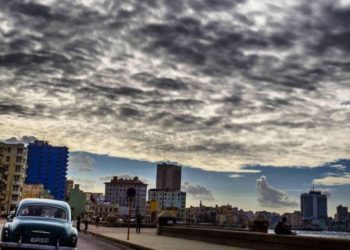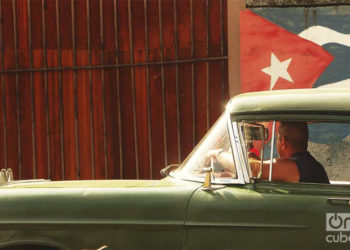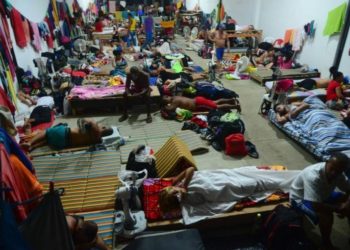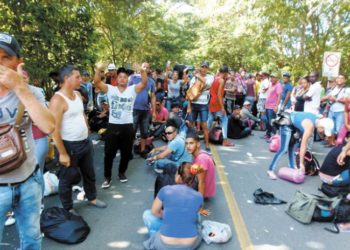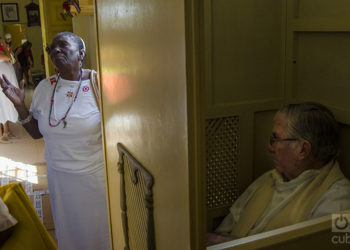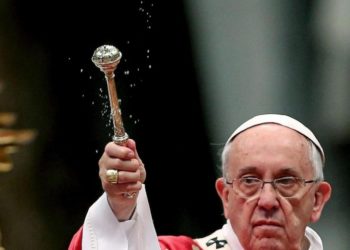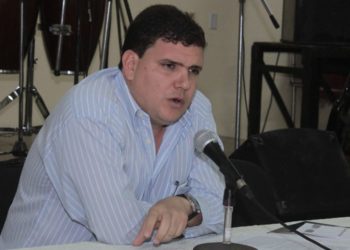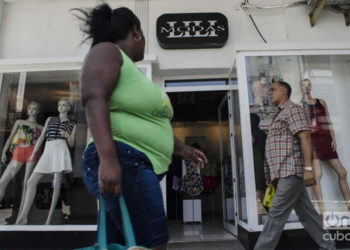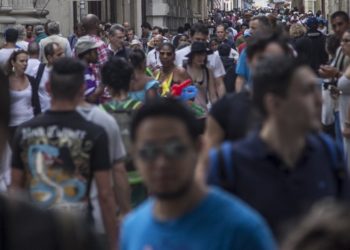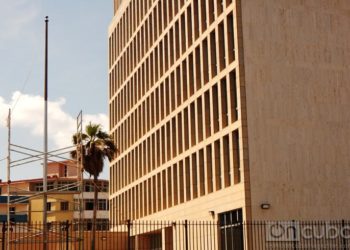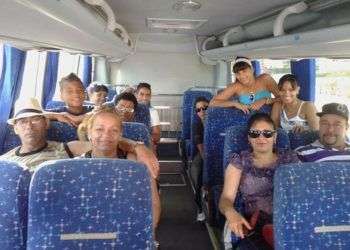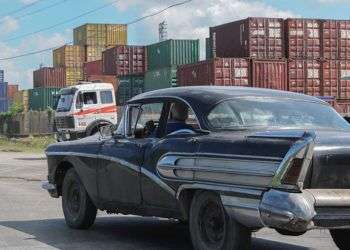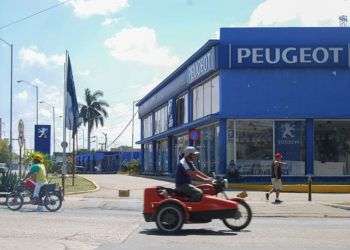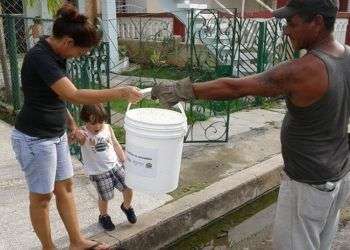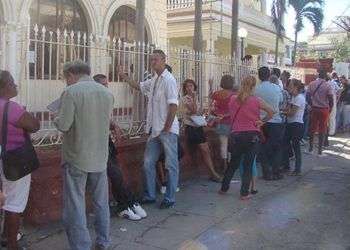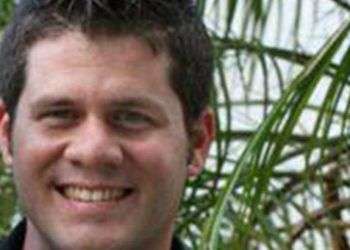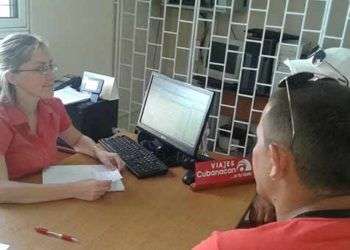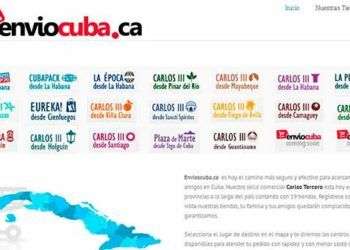Cuba and United States: 70 days before Trump
This November 9 in Havana, the sun combined with the cool breeze of the first winds from the North tempered the reactions of surprise and doubt caused by an apparently geographically and politically distant presidential election. The unexpected triumph of Donald Trump in the United States left in many people a strange confusion – or uncertainty – about what this still very weak process can mean for the future of the normalization of bilateral relations. One of the surprised persons is Cuban economist Juan Triana Cordoví, a University of Havana professor who waited until dawn, as many did, to be convinced of a result almost no one forecasted. “It’s clear that had a connection with many people. That way of campaigning attracted an important part of the U.S. idiosyncrasy. He won against the Democratic political machinery and even against the traditional Republican political machinery itself. I believe that we are all concerned about a deepening of reactionary attitudes in that country’s international projection,” Triana commented to OnCuba in a conversation mediated by a mixture of “U.S. and Cuban grocery store coffee.” “I, like almost all Cubans, had expectations that with Hillary the speed of the pace of normalization could increase....

